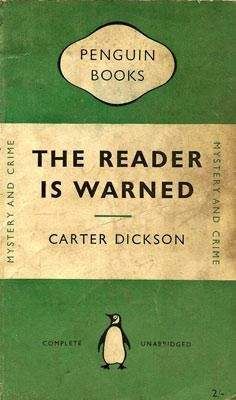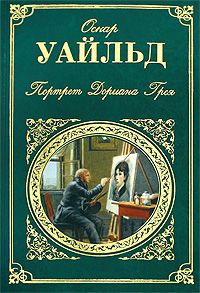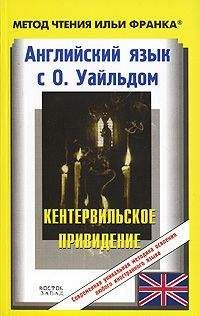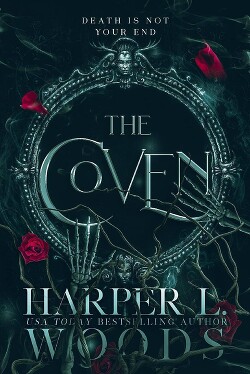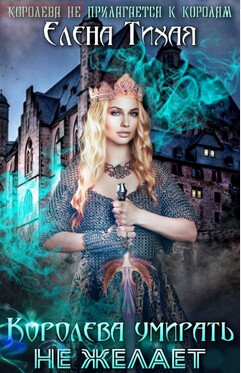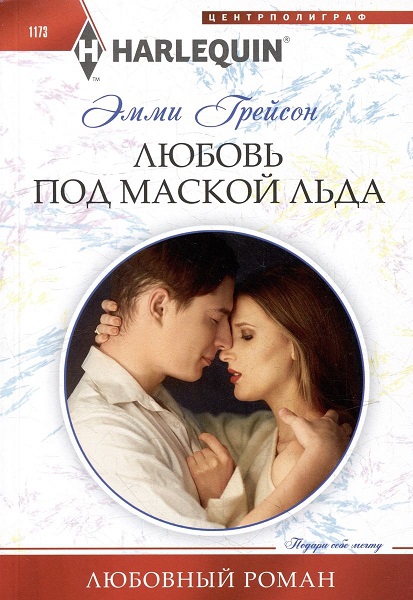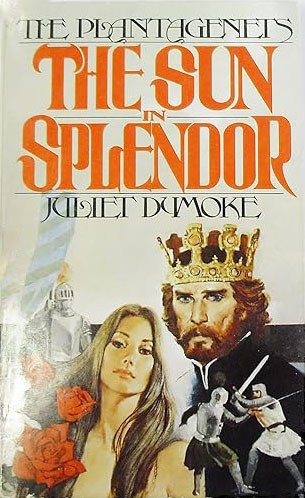John Carr - The Plague Court Murders
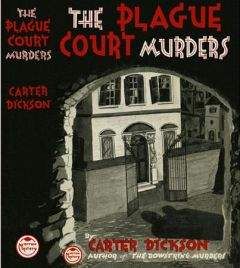
Помощь проекту
The Plague Court Murders читать книгу онлайн
"At five o'clock Glenda, who had been keeping Ted in the background, was ready to go through with the scheme. Mrs. Sweeney was out. . . ."
'By the way," I suggested, "just how does Mrs. Sweeney figure in this business? Did she know what was going on?"
H.M. pinched at his under-lip.
"She'll always say that she didn't. It's like this. She was telling the absolute truth when she said Darworth brought `Joseph' to her. Mrs. Sweeney is a former medium; Masters has looked her up, and has pretty well decided that Darworth saved her from goin' to prison once, - and had a tight hold over her in a good deal the same way as Glenda had over him. He wanted a figurehead for that house in Brixton; between them, he and Joseph scared La Sweeney to death. At first they probably tried to put over on her that 'Joseph' was a boy-but you can't live in a house like that for four years and not get pretty suspicious. She likely became suspicious right off, and Glenda said to her, 'Look here, my friend. You're already mixed up in some very shady business; one word from my friend Roger Darworth, and you'll land in prison. If you should happen to see anything: forget it. Do you understand?' We shan't know the whole truth until Sweeney tells; but, as Glenda's dead now.... You see, Darworth wanted somebody always living in that house in Brixton, for a very good reason, and a woman he held and could hold a threat over would make an admirable housekeeper."
"Do you think she knew Glenda had murdered Ted, and substituted the body?"
"I'm damn certain of it! Otherwise she might have been prevailed on to tell us. Don't you remember what she said: 'I'm afraid!' And, son, she was. I shouldn't be at all surprised if it hadn't been good old Glenda's plan to wait for her to return from her day out, after Ted was disposed of, and eliminate Mrs. Sweeney. Fortunately, she was scared off by that workman looking in at the window; and Sweeney didn't get home until past six...."
Big Ben, loud in the silent streets, struck four. H.M. saw that the last of the punch was cold and his pipe had gone out. Disconsolately he shivered a little in the chill room. He got up, lumbered over to the fire, and stared into it.
"I'm tired. Burn me, I could sleep a week. And I think that's all the story.... I arranged my little show tonight. A friend of mine I referred to as `Shrimp', a good little feller who says he's makin' an honest living now, helped me out. He's an arms expert, and light enough to scale that tree at Plague Court. It was all arranged. I'd had him go over the house, and he found Glenda's gun and silencer under the floor-boards in the room she used at Plague Court. We were goin' to use another, a duplicate, if we couldn't find 'em. At shortly after eleven o'clock Masters and his crowd gravely - without sayin' anything - persuaded Glenda to go to Plague Court. She couldn't refuse; anyway, she came very gamely. First they went into the front room and Masters resurrected the gun from under the floor. She didn't say anything, and neither did Masters. They walked just as gravely out to the back yard. Shrimp took the gun, and, in sight of Glenda, climbed up on the roof of the stone house....
"I wonder what that woman thought when she saw him firin' those bullets? You know what she did. They were fools not to search her beforehand. She might 'a' hurt somebody besides herself."
Stale smoke hung about the lamp. I felt unutterably weary.
"You haven't yet said," Halliday told him harshly, "what you did about McDonnell. `His innocence!' Damned rot! I'll bet he was as guilty as she was.... Look here, you didn't let him get away?"
H.M. stared down into the dying fire. His back jerked a little, and he blinked round uncomprehendingly.
"Let him-? Son, didn't you know?" -
"Know what?"
"No, of course," said H.M. dully. "We didn't stay in that infernal yard you didn't see....”
"Let him get away? Not exactly. I said, `Son, I'm goin' out of this room-' this was when we were at his flat. I said, `You've got a service revolver, haven't you?' And he said, `Yes.' And I said, 'Well, I'm goin' now. If I thought you had a chance to escape hangin', I shouldn't advise it.' And he said, `Thank you.' "
"You mean he shot himself?"
"I thought he was goin' to; the way he looked then.... I said, `You couldn't tell a court what you've told me, could you? It would only look like hidin." Well, he saw that.
"But she must have been an amazin' woman, Glenda. What did that young fool do? He joined the party that arrested Glenda, but he couldn't get close enough for a word, Masters tells me. Masters didn't know about him then. We came out with them to Plague Court. Don't you understand the meanin' of those shots, man? Shrimp had no sooner done his demonstration, and the crowd of 'em were standin' in the yard, than McDonnell walks out in front of 'em with a gun and says, 'There's a taxi around the corner, Glenda. I've had it waiting. Make a bolt for it. I'll hold these chaps till you can make it.' The God blasted young fool! - his last gesture, y'see, cool as ice, holdin' up the whole crowd...."
"Then those two shots-McDonnell fired-?"
"No, son. Glenda looked at him. She took out her own weapon as she got out from Masters' men. She said, `Thanks' to McDonnell. Then she fired two bullets into his head just before she ran.
"She died in the right place, son. She and Louis Playge - they both belong there."
JOHN DICKSON CARR
The man many readers think of as the most British of detective story writers was born in Uniontown, Pennsylvania in 1906. After attending Haverford College, Can went to Paris where, his parents hoped, he would continue his education at the Sorbonne. Instead he became a writer. His first novel, It Walks By Night, was published in 1929. Shortly thereafter, Carr married and settled in his wife's native country, England.
The Thirties were a highly prolific period for Carr, who was turning out three to five novels a year. Some of these were published under what became his most famous nom de plume, Carter Dickson.
In 1965 Carr left England and moved to Greenville, South Carolina, where he remained until his death in 1977.
In his lifetime, Carr received the Mystery Writers of America's highest honor, the Grand Master Award, and was one of only two Americans (the other was Patricia Highsmith) ever admitted into the prestigious - but almost exclusively British - Detection Club. In his famous essay "The Grandest Game in the World," Can listed the qualities always present in the detective novel at its best: fair play, sound plot construction, and ingenuity. (He added, "Though this quality of ingenuity is not necessary to the detective story as such, you will never find the great masterpiece without it.") That these qualities are prevalent in Carr's work is obvious to his legions of readers. In the words of the great detective novelist-critic Edmund Crispin, "For subtlety, ingenuity, and atmosphere, he was one of the three or four best detective-story writers since Poe that the English language has known."
